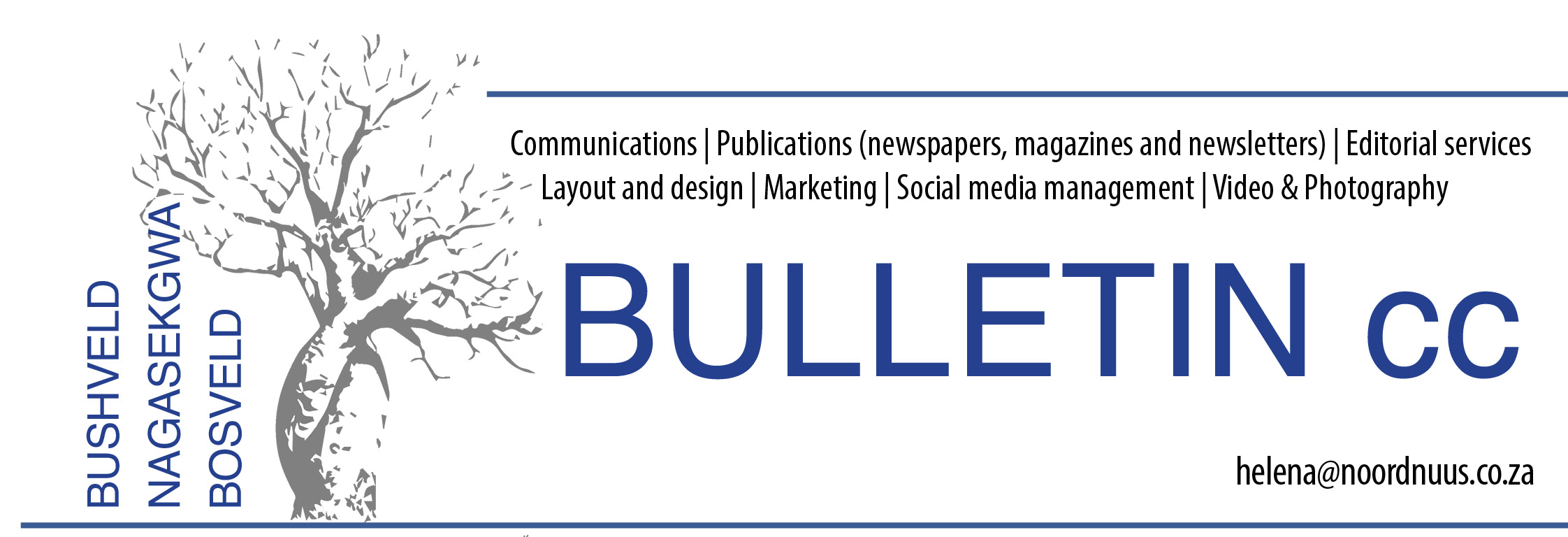We can create a reading revolution in Limpopo!

Minda is the co-director and co-owner of ‘Lectorsa, a leading research, and
development company (based in Mokopane, Limpopo) that supplies solutions
internationally to the education and training market. Minda specializes in generating timeous solutions addressing future challenges and demands in the marketplace and under her guidance she leads specialist teams to deliver first-to-market solutions grounded in scientific research with precision developed algorithms, embedded in the newest technology available. Her journey in establishing ‘Lectorsa began with a quest to understand and enhance the measurable aspects of the interaction between the eyes and the brain. Minda’s extensive research in this field led to the development of a world-class, leading-edge, CLOUD based solution that considers all the
factors involved in reading and packages this together with individually focused algorithms to ensure the best improvement on all levels for each user.
Under her dynamic leadership the ‘Lectorsa team launched LAB-on-line in 2011 and since then this solution has proven to be an effective intervention to develop the crucial skills needed for academic acceleration. Up to date, LAB-on-line has assisted more than 78 000 users to maximise and improve
their skills and to thrive in an ever-changing world.
A shocking 91% of Gr 4 learners in Limpopo cannot read for meaning. This basically means when they read, most of the time, they do not understand what exactly they are reading. This is a key finding of the latest Progress in International Reading Literacy Study (PIRLS) released on 5 December.
Although these results are a reason for concern, as the purpose of reading is to understand, we are of the opinion that there are viable solutions for the current situation.
Reading with comprehension is crucial, as it is the building block on which all other learning takes place. How can we expect these learners to pass a subject like science or math if they do not even comprehend the basics of what they are reading?
The recent PIRLS results do not only highlight the concerns for our students’ skill levels in Limpopo, but also underlines a critical fact that illiteracy is one of the leading causes of delinquency, poverty, frustration, and depression, which in turn leads to a loss in productivity and a general reduction in lifestyles and wellness amongst people in global communities.
The question then is what would be the impact of improving these critical skills in our communities?
It is a known reality that despite the fact that governments are spending billions on improving curricula and creating cutting-edge environments in an effort to improve academic achievement, learners are still struggling.
At Lectorsa we realized more than 30 years ago that change in education is going to be inevitable.
The current struggle, as highlighted by the PIRLS results, can be attributed to the increasing gap between the curriculum and the students’ ability to interact, learn from and use the information they have to study.
In South Africa today far too many students are not even sufficiently taught how to read (Gr 1 – 3) nor are they taught the skills and strategies needed in order to Read-to-learn (Gr 4 – 7 and beyond).
Therefore, they are unable to retain and work with the information in their curriculum.
This is one of the main reasons why 78% of our children cannot read for meaning.
In a press release recently issued by the Department of Basic Education, it was stated: “Now more than ever we need to think holistically about the development of children, and ensure that the limited resources we have are effectively allocated and spent in the interests of future generations of South Africans.”
I agree with the above statement; we can change this; we can bridge this GAP.
As a matter of fact, we are already bridging this gap. Accurate intervention can make a significant difference in the academic futures of our students. This has been proven, in 2017 alone, with more than a 1000 Gr 4’s from schools in SA who were enrolled in the on-line solution, LAB-on-line.
Their Cognitive Development Factor (measured in % comprehension) improved with 17%, their Visual Processing Factor (measured in words per minute) increased from 83 – 185 and their Action, Interpret and Understand skill level (combined VPF and CDF) improved with five years. This means that when these Gr 4’s completed the placement test at the beginning of the year, their skill level was measured at 0, below Grade 1 level, and after completing LAB-on-line their skill level had increased with 5 years – even beyond the expected outcomes.
Prof Sarah Howie (National Research Coordinator (NRC) for the PIRLS 2016 South Africa), stated: “PIRLS provided the evidence and suggestions, but other experts now need to come on board and do the work.”
We are on board! Together we can create a reading revolution in South Africa. Join us in making the vision of a better future for South Africa a reality – we can equip our children with the necessary tools to unlock their full potential and combat illiteracy in order to build a better South Africa.
Credit:
http://www.up.ac.za/media/shared/164/ZP_Files/pirls-literacy-2016-hl-report-3.zp136320.pdf
https://www.education.gov.za/Newsroom/MediaReleases/tabid/347/ctl/Details/mid/5986/ItemID/5522/Default.aspx
www.lectorsa.com l www.lab-on-line.com l www.m3line.co













0 Comments